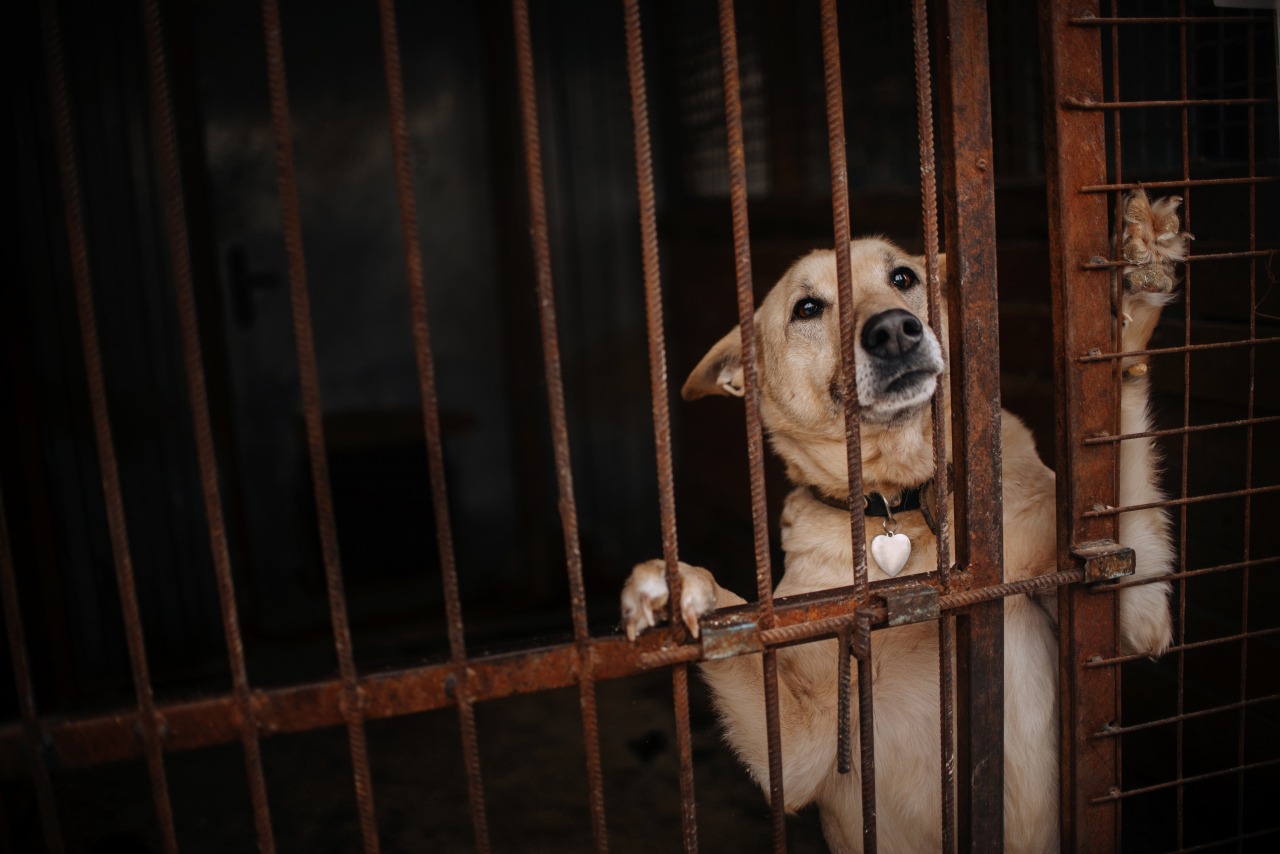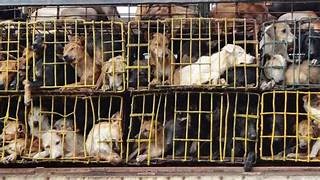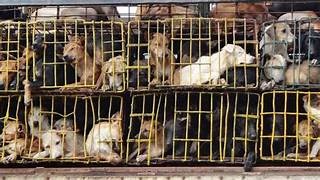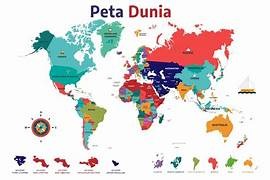The three “bok” days of summer in South Korea, traditionally marked by the consumption of stamina-boosting dishes, have taken on a new significance this year. In recent years, these days have been characterized by protests from animal rights groups condemning the eating of dog meat. This year, however, marks a historical milestone with the celebration of the “first dog meat-free ‘boknal'” following the passing of groundbreaking legislation.

Earlier this year, the National Assembly passed a bill banning the breeding, butchering, distribution, and sale of dog meat, effective from 2027. This law represents a significant shift in South Korea’s approach to animal rights and welfare. To honor this landmark legislation, over 20 animal rights groups are planning to gather at Cheonggye Plaza in central Seoul on Saturday. According to Humane Society International Korea, the event will commemorate animals previously sacrificed for human consumption and provide an opportunity for reflection on the broader implications of the new legislation.


The first boknal of the year, known as “chobok,” falls on Monday, July 15. Traditionally, Koreans consume highly nutritious dishes such as bosintang (dog meat soup) and samgyetang (chicken soup) to combat the summer heat. These dishes are believed to help replenish stamina and vitality during the hottest days of the year. Dog meat consumption, in particular, has been at its peak during these days.This year’s gathering at Cheonggye Plaza is expected to be a significant event, drawing attention from both national and international media. The event will feature speeches, performances, and informational booths aimed at raising awareness about animal rights and the cultural shift away from dog meat consumption. Organizers hope that this celebration will not only commemorate the end of a controversial practice but also promote the adoption of more humane dietary choices among Koreans.

The passing of the bill has been met with mixed reactions within South Korea. While animal rights activists and younger generations have largely welcomed the change, citing a growing awareness of animal welfare and global trends, some traditionalists and older citizens view the legislation as an erosion of cultural heritage. The government has acknowledged these concerns but emphasizes the importance of aligning South Korea’s practices with international standards of animal rights and welfare.Humane Society International Korea has been at the forefront of this movement, advocating for the protection of animals and the cessation of dog meat consumption. Their efforts, alongside those of numerous other animal rights organizations, have culminated in this year’s celebration. The event at Cheonggye Plaza is seen as a victory for these groups and a testament to the power of persistent advocacy and public education.
As South Korea moves towards implementing the new law by 2027, the hope is that future generations will look back on this period as a pivotal moment in the country’s evolution towards greater compassion and respect for all living beings. The celebration of the “first dog meat-free ‘boknal'” is not just about the end of a practice but also about the beginning of a new era in South Korea’s cultural and ethical landscape.
